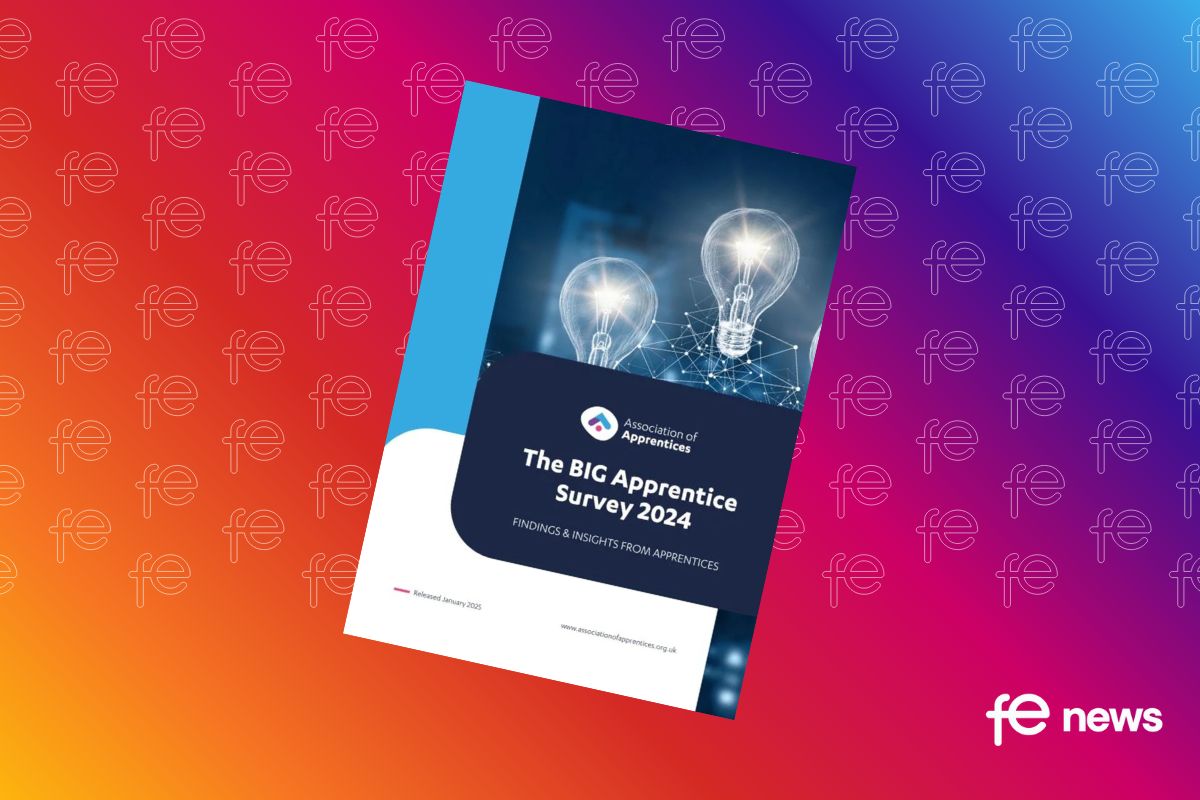NEW FILM TO INSPIRE STUDENTS THROUGH STORIES OF EVERYDAY FEATS OF ENGINEERING

TV Science presenter @DallasCampbell lifts the lid on amazing feats of everyday engineering in new film – from eating a bacon sandwich in space and making the ultimate paper aeroplane to what bras have in common with Neil Armstrong’s space suit.
Video joins hundreds of free activities available from STEM Learning to keep children inspired in computing, science and maths while learning from home.
TV science presenter and STEM Ambassador Dallas Campbell explores three stories of amazing everyday-feats of engineering in a new film aimed at keeping young people engaged in STEM while school’s out.
Dallas, who has presented shows including Bang Goes the Theory, The Gadget Show and Stargazing Live, explains how engineers for bra manufacturer Playtex went on to design Neil Armstrong’s space suit (as well as the incredible engineering behind both items of clothing), plus how engineers created a bacon sandwich (with oversight from Heston Blumenthal) that could be taken into space at the request of British astronaut Tim Peake. He also shares the design for the ultimate paper aeroplane – and which children can easily replicate at home with just a piece of A4 paper, a credit card (or similar) and meticulous folding. Instructions can be downloaded here.
The film is part of a range of home learning resources that have been made available to parents and teachers through STEM Learning at www.stem.org.uk/home-learning. And to complement Dallas’s video, STEM Learning is highlighting activities including ‘The Great British Space Dinner’ (lessons about food in space) and ‘Space Suit Science’ (creating your own space suit) to enable children and their parents to complete fun activities at home.
Suitable for all ages, from 4-19, STEM Learning has carefully selected more than 300 activities and materials from its bank of over 14,000 free resources to support teachers, parents and carers with home learning, with a particular focus on STEM subjects including science, computing and maths.
STEM Ambassador Dallas Campbell says: “Amazing feats of engineering are all around us, from the clothes we wear to the food we eat. The good news is, to understand and get invested in engineering, you don’t even need to leave your home. I’m sharing a few of my favourite examples of everyday engineering for kids and adults to enjoy at home, including how to create the ultimate paper aeroplane. One quick tip… a dihedral wing angle is vital!”
Fran Dainty, STEM’s Head of Education added: “Engineering is all about recognising a problem and finding a solution – usually combining a mix of maths, science and creativity. Engineers create products and solutions that make life better and easier for us – from computer games to chocolate bars. The resources on our site are not just educational, but fun activities for families to do at home.”
STEM Learning is the UK’s largest provider of education support in science, technology, engineering and mathematics (STEM). STEM Learning is a non-profit, working with schools, colleges and others working with young people, including providing resources for both parents and teachers.
Other available advice for parents includes how to maintain your child’s wellbeing as a result of coronavirus and a survival guide for parents who are home learning. For extra support, STEM’s subject experts are available weekdays from 8:30am to 4.30pm via a webchat, accessible on all of STEM’s webpages.
All resources have been curated by STEM Learning’s specialist team of experienced subject teachers, and cover all age ranges from 4 to 19 and are available for both teachers and parents here.











Responses